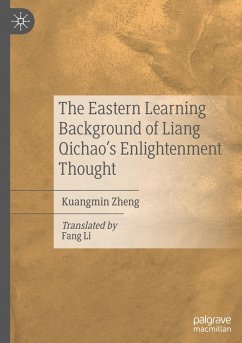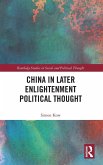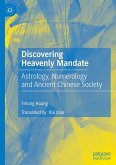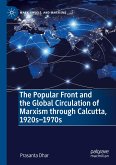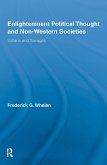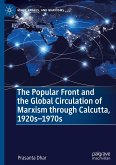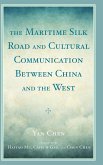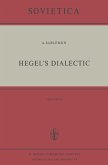This book provides an in-depth exploration of how Liang Qichao's political and intellectual thought was shaped by Japanese influences during his exile, offering a fresh perspective on modern Chinese intellectual history. It examines Liang's engagement with Japan's enlightenment thinkers, such as Fukuzawa Yukichi and Nakamura Masanao, and explores how their concepts of individual independence, civil rights, and nationalism informed Liang's ideas on modernization, "renewing the people", and building a nation-state.
The book adopts a comparative and interdisciplinary approach, combining historical analysis with intellectual history, which brings a new dimension to understanding the cross-cultural exchange between China and Japan. By tracing Liang's adoption and reinterpretation of key ideas, such as the distinction between the form and spirit of civilization and the organic theory of the state, this study highlights his unique synthesis of traditional Chinese thought withmodern global ideologies.
Key features include its focus on underexplored Japanese influences on Liang Qichao and its detailed examination of the intellectual exchange between East Asian modernities. Rich in original sources and comparative insights, the book sheds light on Liang's pivotal role in shaping modern Chinese thought.
This book is intended for scholars, students, and general readers interested in East Asian studies, modern Chinese history, and intellectual history. Its accessible content level and interdisciplinary focus make it an essential resource for understanding the cultural and intellectual currents that defined modern East Asia.
The book adopts a comparative and interdisciplinary approach, combining historical analysis with intellectual history, which brings a new dimension to understanding the cross-cultural exchange between China and Japan. By tracing Liang's adoption and reinterpretation of key ideas, such as the distinction between the form and spirit of civilization and the organic theory of the state, this study highlights his unique synthesis of traditional Chinese thought withmodern global ideologies.
Key features include its focus on underexplored Japanese influences on Liang Qichao and its detailed examination of the intellectual exchange between East Asian modernities. Rich in original sources and comparative insights, the book sheds light on Liang's pivotal role in shaping modern Chinese thought.
This book is intended for scholars, students, and general readers interested in East Asian studies, modern Chinese history, and intellectual history. Its accessible content level and interdisciplinary focus make it an essential resource for understanding the cultural and intellectual currents that defined modern East Asia.

